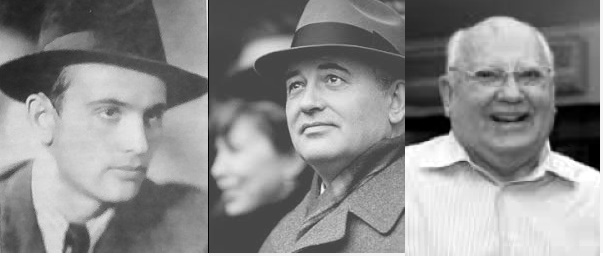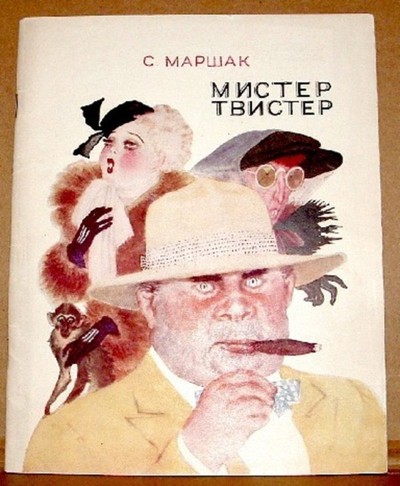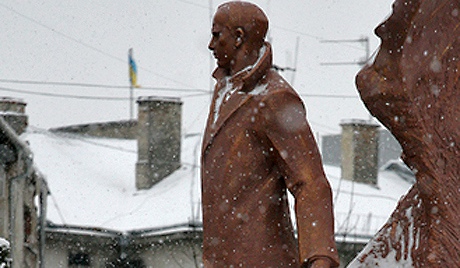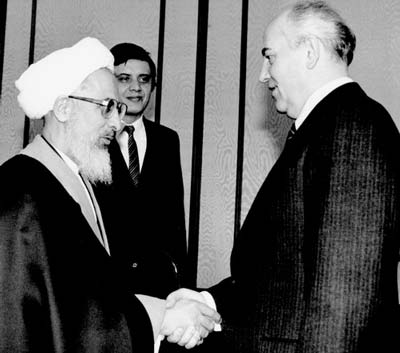 Russia has always fascinated me--the mystical orthodox faith brought to Kievan Rus in the ninth century, the stern heroes who defended Muscovy against the Golden Horde in the 13--15th centuries, the vast spaces, the remarkable literature of Pushkin and Tolstoy, the Bolshevik Revolution against imperialism ... The West has always been a bit jealous of its proud race of genius.
Russia has always fascinated me--the mystical orthodox faith brought to Kievan Rus in the ninth century, the stern heroes who defended Muscovy against the Golden Horde in the 13--15th centuries, the vast spaces, the remarkable literature of Pushkin and Tolstoy, the Bolshevik Revolution against imperialism ... The West has always been a bit jealous of its proud race of genius.
I fell in love with Russia as a teen when I discovered Prokofieff and insisted--rebelling against my teacher--on playing his fiendishly difficult Toccata in D minor for my Conservatory diploma. I have no idea how I managed it now, but I did, and the piece and my performance proved to be a fine metaphor for the logically impossibility of 20th century Russia, which lived on war and revolution, dreams and nightmares. Prokofieff returned to Russia in 1933, at the peak of Stalin's repressions, and produced his greatest works, Romeo and Juliet, Cinderella, War and Peace, his war sonatas (not to mention his Ode to Stalin). That hooked me.
Today's standoff between the Russian bear and the American eagle is yet another epic struggle in Russia's history, at the heart of Eurasia--the world's "heartland". It had a narrow brush with complete collapse in 1985--98 under Gorbachev/ Yeltsin, a weak, indecisive leadership, a metaphorical reenactment of Boris Godunov seizing the throne in the 16th century. 1985--98 was a repetition of Godunov and the legendary Time of Troubles.


 ‘Red notice’ is the catch phrase for an interpol arrest warrant. There is sort-of one out on Browder, accused by the Russian government of tax fraud, though only Spain briefly acted on it in May 2018 before releasing him, saying it was a political case. Browder, our speculator-hero, who made and spirited out of Russia hundreds of millions, compares his last flight from Moscow to London in November 2005 as “like those who had narrowly escaped Phnom Penh or Saigon before their countries fell into chaos and ruin.”
‘Red notice’ is the catch phrase for an interpol arrest warrant. There is sort-of one out on Browder, accused by the Russian government of tax fraud, though only Spain briefly acted on it in May 2018 before releasing him, saying it was a political case. Browder, our speculator-hero, who made and spirited out of Russia hundreds of millions, compares his last flight from Moscow to London in November 2005 as “like those who had narrowly escaped Phnom Penh or Saigon before their countries fell into chaos and ruin.” Putin is either an aggressive schemer, to be opposed and vilified at all costs, or a wise, restrained real-politician, balanced irreconcilable forces next door. Which is it?
Putin is either an aggressive schemer, to be opposed and vilified at all costs, or a wise, restrained real-politician, balanced irreconcilable forces next door. Which is it? On January 1, 1988, just a year and a half before he passed away on June 3, 1989, Ayatollah Khomeini made a historic move, reaching out the Soviet President Mikhail Gorbachev, in a gesture of anti-imperialist solidarity, despite the long hiatus in relations with communist Russia. This was at a time of war against Iraq and continued subversion of Iran by the US and Israel. He sent President Gorbachev
On January 1, 1988, just a year and a half before he passed away on June 3, 1989, Ayatollah Khomeini made a historic move, reaching out the Soviet President Mikhail Gorbachev, in a gesture of anti-imperialist solidarity, despite the long hiatus in relations with communist Russia. This was at a time of war against Iraq and continued subversion of Iran by the US and Israel. He sent President Gorbachev



